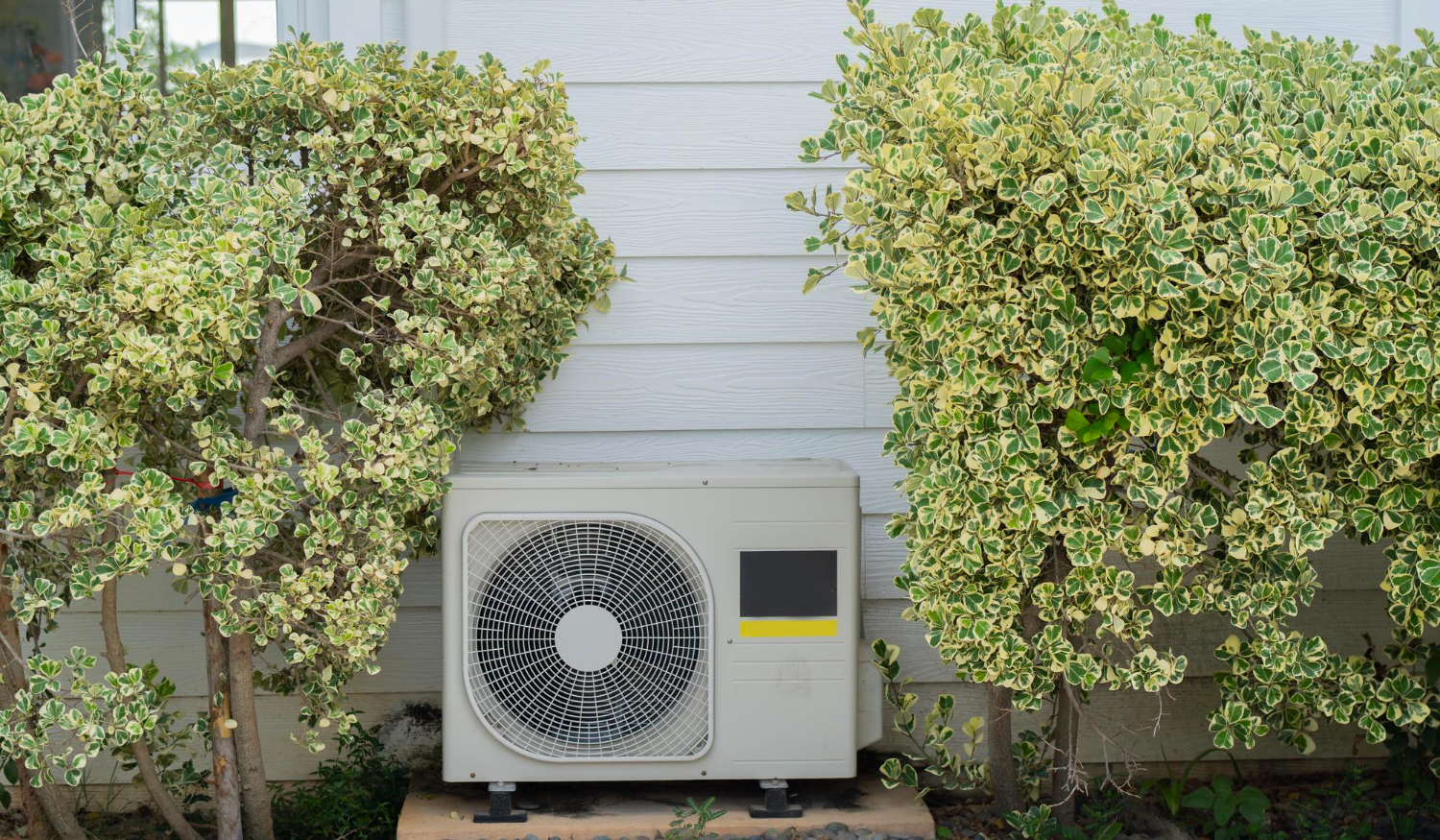Hot and humid summers in Ormond Beach mean your air conditioning system is working hard almost every day. But while most homeowners focus on things like refrigerant levels or air filter replacements, one hidden risk often goes unnoticed: power surges. These sudden spikes in electrical current can silently damage your AC system and leave you dealing with costly repairs or unexpected breakdowns.
With summer storms sweeping through the area in late July, power surges are especially common. Whether caused by nearby lightning strikes or issues with the electrical grid, these surges put your cooling system at risk. That is why understanding how surges work and how to protect against them can make a big difference in keeping your AC system strong, even during storm season.
Understanding Power Surges
A power surge is a brief spike of electricity that flows through your home’s electrical system. It typically lasts just a fraction of a second but carries more voltage than your appliances and electronics are built to handle. Most homes in Ormond Beach are wired to handle a specific level of electrical current. When a surge happens, that limit is suddenly exceeded, which stresses or damages anything plugged in at the time, including your air conditioner.
These are some common reasons power surges occur:
1. Lightning strikes: If lightning hits near your home, it can enter the electrical system and send a strong surge through wiring, damaging electronics and your AC unit.
2. Power grid issues: Problems with your power company’s equipment or a sudden re-routing of electricity can cause a surge.
3. Large appliances: When devices like refrigerators or dryers turn on or off, they can cause small spikes that affect the power flow throughout your home.
4. Wiring problems: Damaged or outdated wiring increases the likelihood of inconsistent electrical flow, which raises the risk of surges.
Even if a power surge seems minor at first, the damage can build up over time. Smaller surges may not shut your AC off immediately, but repeated exposure wears internal parts out faster than normal. That can eventually lead to system failure or expensive repairs.
How Power Surges Damage Your AC System
Power surges can lead to long-term damage and permanent failure in key AC components. When the electrical system gets overloaded, certain parts of the AC unit are more at risk of being damaged.
Here is how different parts of your AC can be affected:
1. Compressor: This is the most essential and most expensive part of your AC unit. A surge can burn internal circuits and parts, and replacing it can sometimes cost more than a new AC system.
2. Capacitors: Small but vital, capacitors store energy to help the AC motor start. A surge can cause them to swell or fail, making it impossible for your unit to turn on.
3. Circuit boards: These manage the electronic functions in your AC. A strong surge may fry the board, leaving your system unresponsive or causing erratic performance.
Sometimes, the damage does not show up right away. A component may be weakened by a power surge and fail weeks later under normal operation. This delayed failure makes it difficult to diagnose unless symptoms are recognized early.
Listening for strange sounds, watching for startup issues, or noticing a change in how well your AC cools can help you spot this type of damage early. This is especially important as temperatures climb in Ormond Beach and your AC system is running more often.
Prevention Tips to Protect Your AC System
Once you understand the damage power surges can cause, the next step is prevention. Protecting your AC system during Ormond Beach’s stormy summer season helps maintain reliable performance and reduces the risk of breakdowns.
Here are ways to help minimize surge damage to your cooling system:
1. Install surge protection: A whole-house surge protector installed at your electrical panel is your first line of defense. It redirects excess voltage away from your home’s internal circuits.
2. Use plug-in surge protectors: For window AC units or other electronics, surge strips offer basic protection. Make sure they are designed for high-power appliances.
3. Schedule AC tune-ups: Regular service includes checks for surge-related wear. Our technicians inspect wiring, connections, and electrical components to spot early signs of damage.
4. Check grounding systems: A proper electrical grounding system is needed to reroute excess voltage. Poor grounding increases the risk of surge damage, so have it inspected and updated if needed.
5. Unplug when possible: You cannot unplug a central AC easily, but unplugging other electronics during major storms limits exposure. This habit improves overall awareness of power safety in your home.
Staying prepared ahead of storm season is the key to protection. Scheduling an AC tune-up in Ormond Beach during late spring or early summer ensures your system is ready before severe weather strikes.
Signs Your AC System Has Suffered Surge Damage
Catching the signs of surge damage early can help you avoid a system failure during peak summer heat. Symptoms may appear right after a storm or later as your AC continues to run.
Be on the lookout for these warning signs:
1. The AC unit does not turn on even though the thermostat is set correctly.
2. Circuit breakers trip often, especially when the system starts up.
3. Buzzing, humming, or clicking sounds coming from the outdoor unit.
4. The air conditioner cycles on and off irregularly or behaves unpredictably.
5. Your home is not cooling evenly, even though the unit worked fine earlier.
For example, a homeowner may notice no cooling from their AC even though the thermostat appears normal. After resetting the circuit breaker, it works for a short time but trips again. This could signal damage to a capacitor or control board caused by a previous surge.
If you notice any of these problems, schedule an inspection. Our technicians are trained to identify surge-related issues, test wiring and components, and recommend any needed repairs or part replacements.
Keep Your AC System Safe from Power Surges
Power surges can happen with little warning, especially during frequent summer storms in Ormond Beach. Surges damage sensitive parts inside your AC system, leading to poor performance and sudden breakdowns. Once an AC unit has experienced surge-related wear, it is more likely to fail again if steps are not taken to prevent future damage.
Simple investments in surge protection and ongoing maintenance provide effective ways to stop surges from hurting your AC. Basic protection also extends the system’s life and helps it run more efficiently year-round. Even newer AC models with built-in electronic protections still benefit from external surge defenses.
By prioritizing safety inspections and scheduling a seasonal AC tune-up in Ormond Beach, you greatly reduce the chance of expensive system failures. Preventive care can be the difference between a working AC system during summer heat and being stuck in the middle of a breakdown.
Protecting your AC system during Ormond Beach’s stormy summer months is essential, and scheduling an AC tune-up in Ormond Beach can help prevent expensive damage from power surges. Accu-Temp Heating & Air Conditioning is committed to reliable maintenance, and for a quick estimate or to book a service visit, please contact us today.







